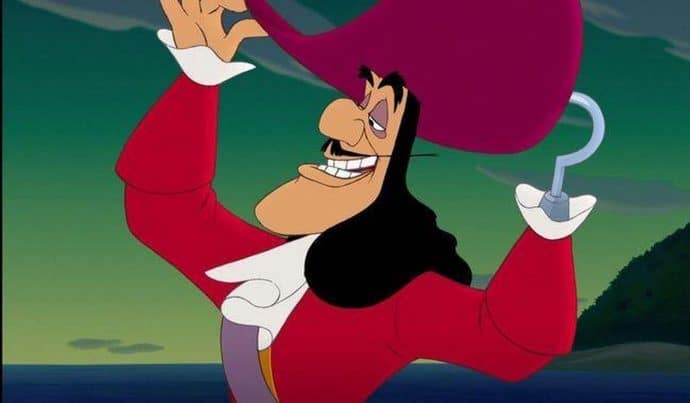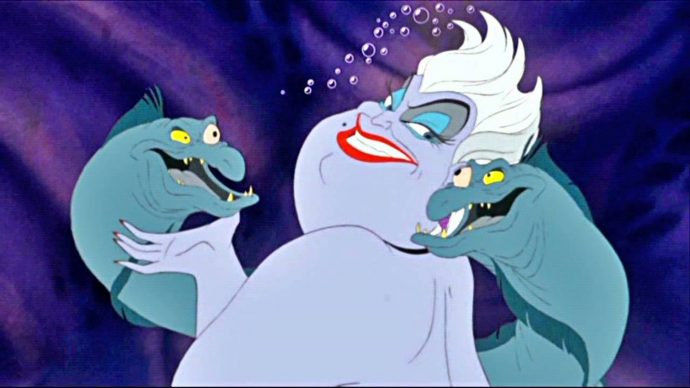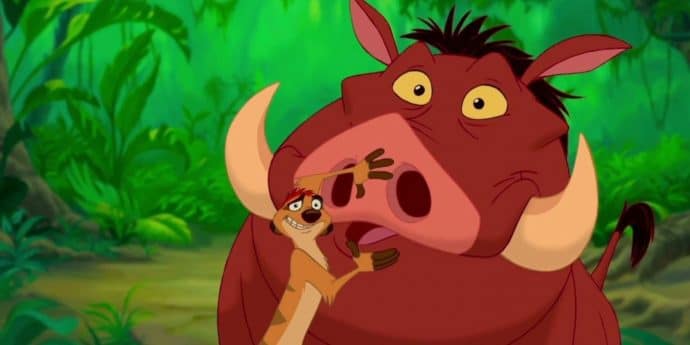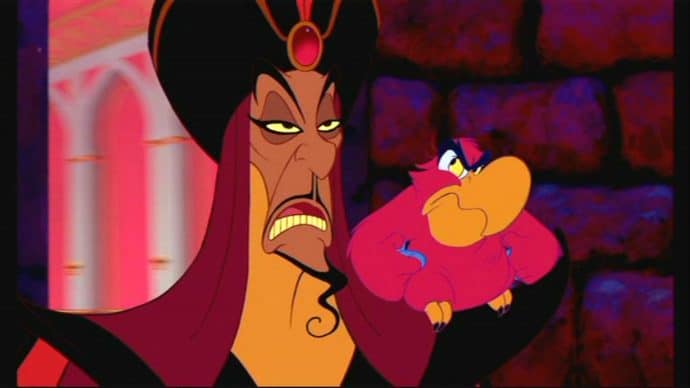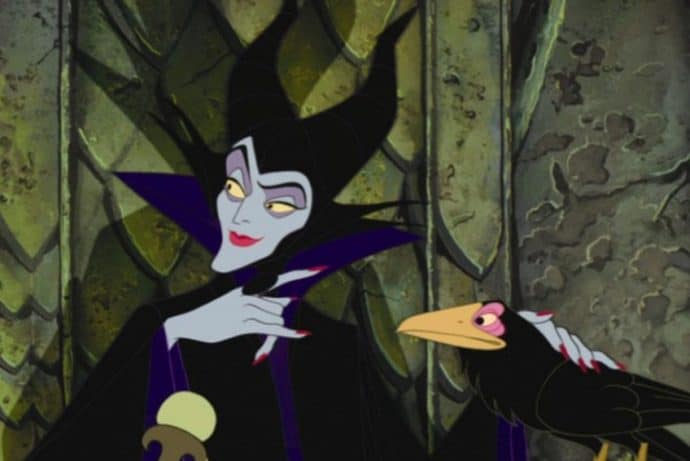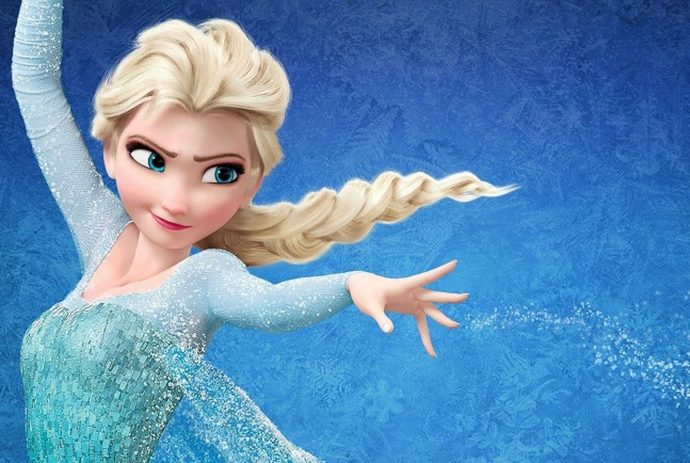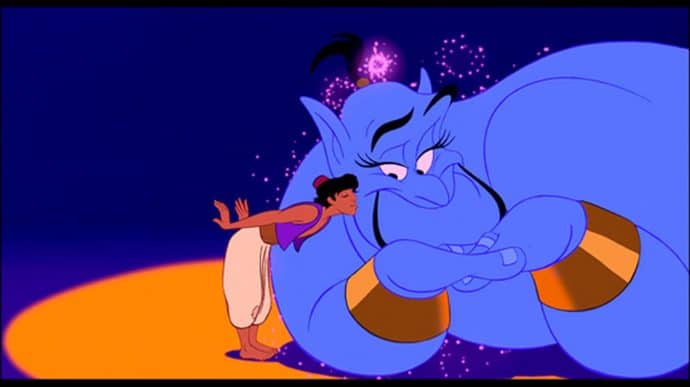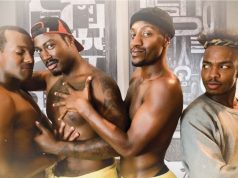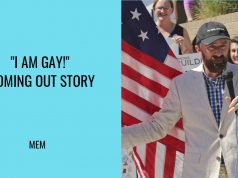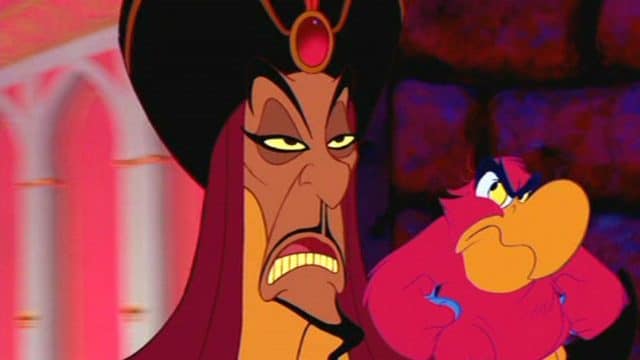
LGBT cartoon characters have always been part of your world.
Much has been made about the “exclusively gay moment” in the live-action Beauty and the Beast, but a closer look at the Disney archives shows that LeFou is hardly the House of Mouse’s first queer character.
They may not have been out of the closet, but these animated folk definitely pinged our gaydar.
Captain Hook
Peter Pan’s fashionable foe leads a ship full of men on a mission to capture a group of young boys. Need we say more?
Ursula
The The Little Mermaid’s villainess has a direct tie to the LGBT community: She was created based on John Waters’ drag queen muse, Divine. (No wonder she’s a fave Halloween costume, among gay men.)
Timon and Pumba
The Lion King’s sassy meerkat and his warthog BFF never leave each other’s sides, so we’re counting them as one. They even raised a lion cub together, proving that same-sex parenting is a breeze when you’re living the “hakuna matata” lifestyle.
Jafar
Aladdin’s nemesis, who sports black eyeliner and shoulder pads, is a great example of Disney’s long history with “queer-coded” villains, usually men given effeminate attributes. Other glaring examples include Scar in The Lion King, and Pocahontas’ John Ratcliffe.
Maleficent
The wicked sorceress in Sleeping Beauty was also queer-coded—cold, powerful, “unfeminine”—and oddly obsessed with young beautiful Aurora.
Elsa
With lyrics like, “I don’t care what they’re going to say,” the ice princess’ signature song, “Let It Go,” has become a gay anthem.
And her storyline—turning shame about being different into pride—mirrors the experiences of many LGBT people. No wonder #GiveElsaAGirlfriend was trending when the Frozen sequel was announced.
Genie
With a knack for dressing in drag and a knack for pop culture trivia, Robin William’s Genie may have been forced to serve Aladdin, but we’re pretty sure he would have happily done anything the “street rat” wanted anyway.
Ferdinand the Bull
Disney won the Oscar for Best Animated Short in 1939 with a cartoon about a sleepy eyed bull who doesn’t conform to traditional expectations of masculinity.
“All the other bulls wanted most of all to fight at the bullfights in Madrid, but not Ferdinand,” the narrator explains. “He still liked to sit just quietly under the cork tree and smell the flowers.” Once captured and forced into the ring, Ferdinand still refuses to fight—he’s too distracted by the flowers the toreador is holding.
Though the short is mostly forgotten, it’s one of the few instances where a queer-coded Disney character wasn’t depicted as evil.


